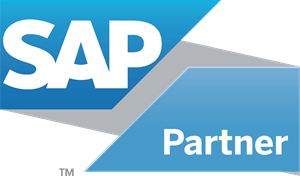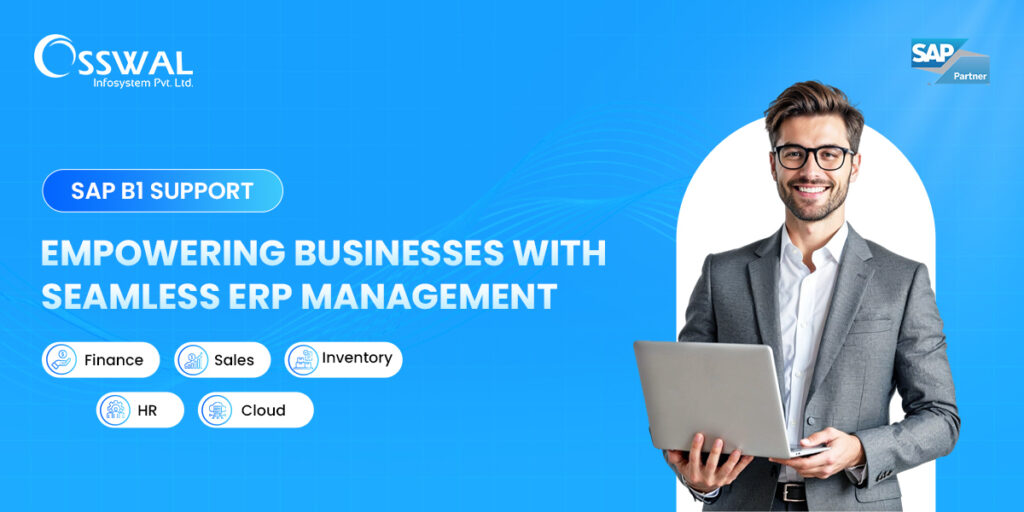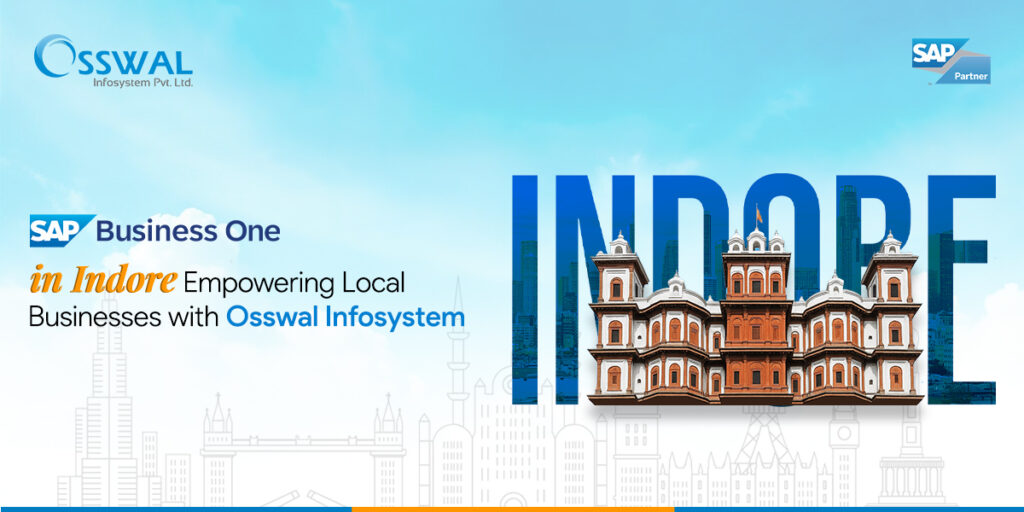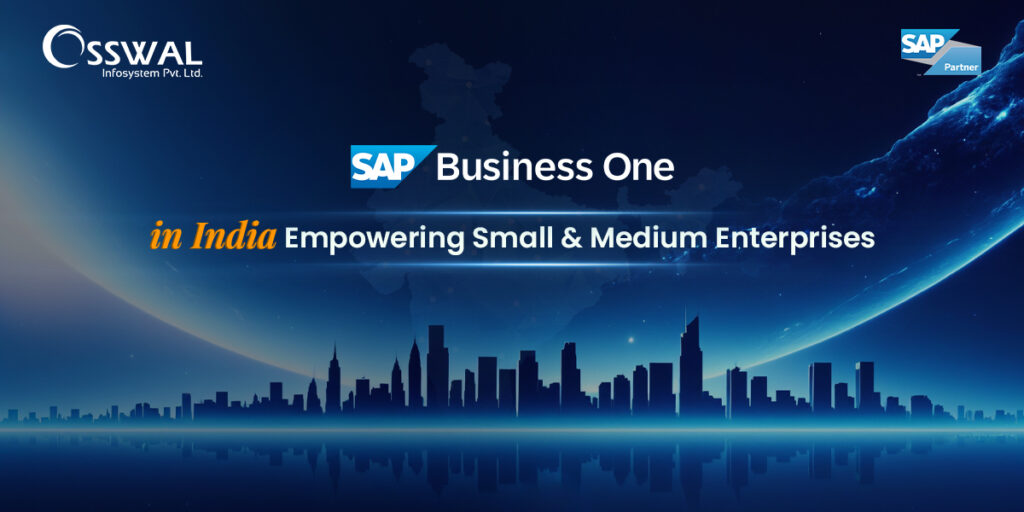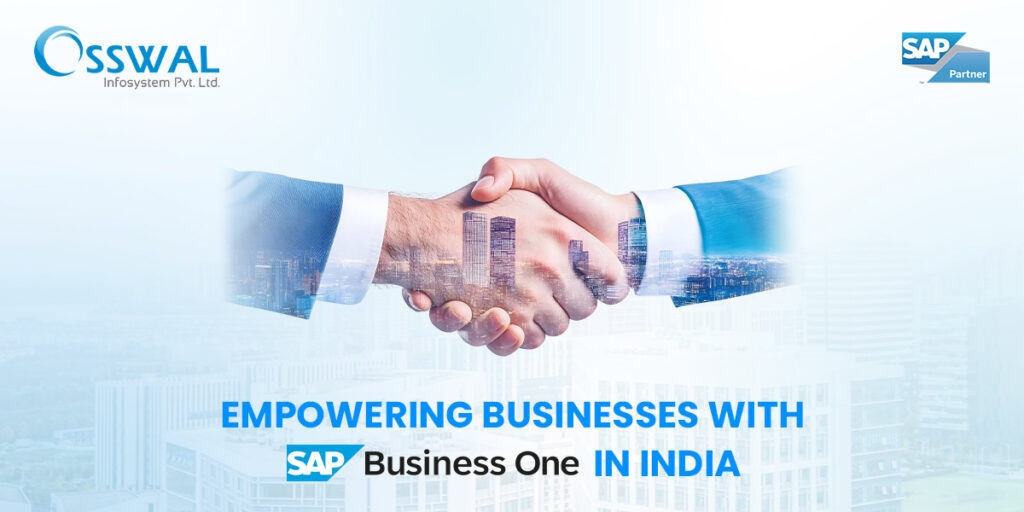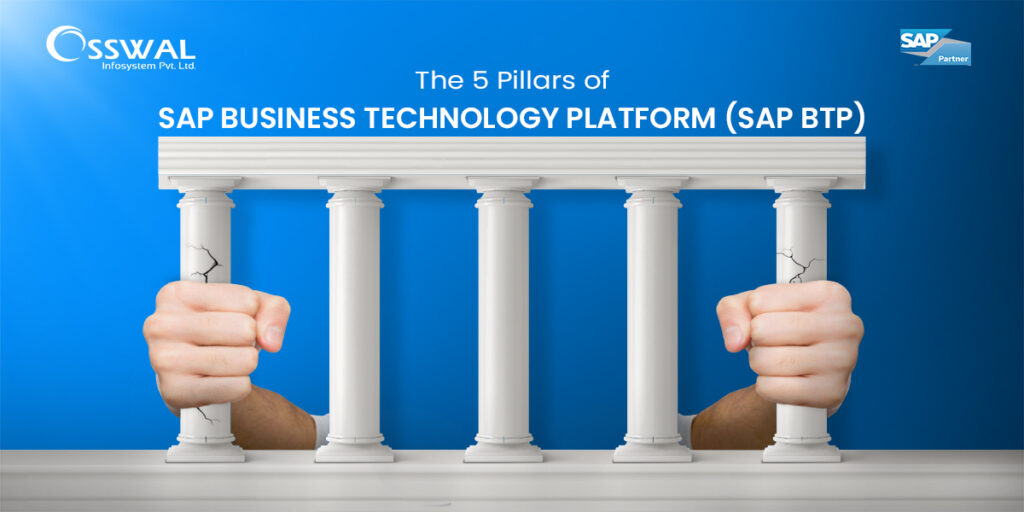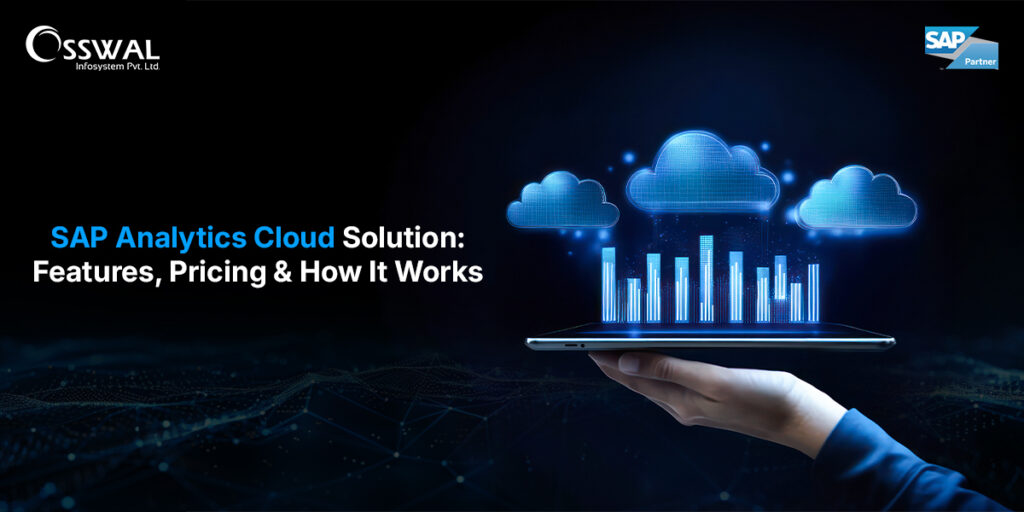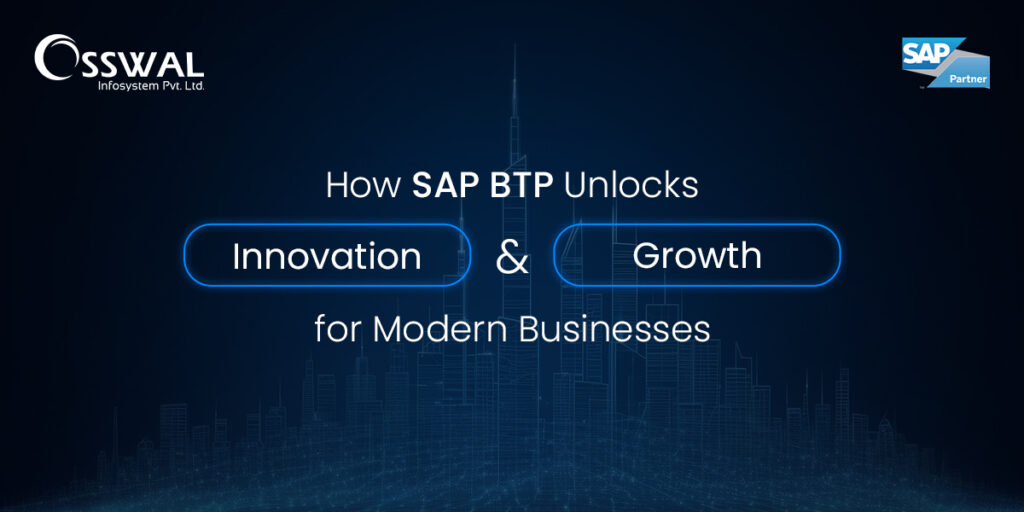SAP B1 Support: Empowering Businesses with Seamless ERP Management Small and medium enterprises get a robust ERP framework through the implementation of SAP Business One. However, software by itself does not assure the smooth running of the business. To maintain processes efficiently, solve issues quickly, and achieve continuous improvement, companies need reliable SAP B1 Support. The following is a handy and easy-to-understand guide that explains why support is important, the different types of services, how SAP B1 Support in India can help, and how to select the Best SAP partner. What SAP Business One Does and Why Support Matters SAP Business One serves as a unification instrument for the company by merging the functionalities of finance, sales, inventory, purchasing, and reporting into one platform. The teams get empowered with real-time data, and the operational transparency across the different departments gets improved. But the system is contingent on being correctly configured, regularly checked, and updated on time. In the absence of an appropriate SAP Business One Support, the business is exposed to the risk of system downtime, data inaccuracies, and losing out on opportunities. Hence, the uninterrupted support function is your ERP investment’s security layer. Besides, it enables employees to dedicate more time to their respective roles rather than dealing with system-related issues. Core Benefits of SAP B1 Support The value of good support appears in both day-to-day work and long-term planning. First, it ensures system uptime. Dedicated teams closely monitor performance and quickly correct any detected faults. Secondly, support keeps data secure by applying necessary updates and following best practices. In addition, it helps users adopt new features and gives them confidence while using the system. Moreover, support departments assist in creating custom reports and modifying processes as needed. Consequently, companies become more operationally efficient and capable of making faster, better-informed decisions. Types of SAP Business One Support Services When looking for SAP Business One Support, you should first understand the different service categories. Each one works in a unique way and serves a specific purpose. Technical Support: Technicians handle software bugs, database performance, and integrations. They install fixes, back up data, and perform system diagnostics. Their work is mostly preventive. However, when a critical issue occurs, they act immediately to resolve it. Functional Support: Functional experts help users learn modules such as finance, inventory, and sales. They analyse company processes and align them with SAP B1 features. In addition, they offer training sessions and prepare user manuals whenever necessary. Upgrades and Enhancements: To keep the ERP up to date, it must be upgraded regularly. Upgrades ensure compatibility with new platforms and maintain security standards. Enhancement services support additional work such as creating custom fields, designing new workflows, or developing reports. All changes are first tested in sandbox environments before release to ensure stability. Together, these three areas form the main pillars of SAP B1 Support. They keep the system reliable, efficient, and aligned with the pace of business evolution. Why Choose SAP B1 Support in India Many global companies choose to have SAP Business One Support in India. The decision usually comes down to two main factors: quality and cost. Indian providers deliver strong technical expertise at highly competitive service rates. Moreover, certified consultants in India are well-rounded professionals. They have extensive experience across several industries, which allows them to understand diverse business needs. In addition, they are flexible with their support hours to match different global time zones. Furthermore, Indian support firms design specialised plans for both SMEs and large enterprises. As a result, businesses gain convenient, scalable, and cost-effective assistance without heavy investment. How to Find the Best SAP B1 Support Partner Choosing the Best SAP B1 Support Partner requires a focused and thoughtful evaluation. You should compare vendors using these practical criteria. Certification and Track Record: Besides checking SAP certification, review their past implementations carefully. Ask for client references, especially from your own industry. This helps confirm their promptness and efficiency in delivering solutions. Response and Resolution SLAs: Make sure the partner commits to quick response times. They should also provide clear escalation steps if the issue remains unresolved. The speed of resolution often becomes a turning point when critical systems are affected. Comprehensive Service Offerings: Select a partner that covers technical, functional, and upgrade support. This reduces the risk of switching vendors later. A comprehensive service ensures your ERP stays consistent and efficient. Training and Documentation: Good partners always train your users and deliver clear documentation. As a result, support tickets reduce, and employees handle small issues independently. Transparent Pricing: Aim for predictable pricing with flexible monthly or annual plans. Avoid partners that charge unexpected fees for routine tasks. Transparency builds long-term trust. Local Presence or Remote Strength: Local partners are ideal for on-site issues. Remote teams, on the other hand, provide continuous monitoring and faster fixes. Therefore, assess your company’s needs first and then decide which option suits you best. Best Practices to Maximize Support Value It takes only a few simple habits to get the most from SAP Business One Support. The first one is always to log issues with clear details and screenshots so the diagnosis can be done quickly. Secondly, plan regular meetings with your support team. During meetings, talking about future upgrades and changes in processes is a good idea. Thirdly, ensure that a sandbox environment is maintained for testing major changes. Fourthly, support metrics such as response time and resolution rate to be tracked. Such metrics help you to have a completely objective way to evaluate vendor performance. Continuous Improvement: From Support to Strategy Top-notch SAP B1 Support does not only include repairs. In fact, it allows you to transform your ERP into a strategic instrument. Support teams can recommend process automation, enhanced reporting, and seamless integration with other tools. They also assist you in discovering new features for analytics. Thus, the ERP becomes a tool for letting the business grow, not a burdensome routine of maintenance. Conclusion Properly supported SAP Business One system is a great tool
SAP B1 Support: Empowering Businesses with Seamless ERP Management Read More »
